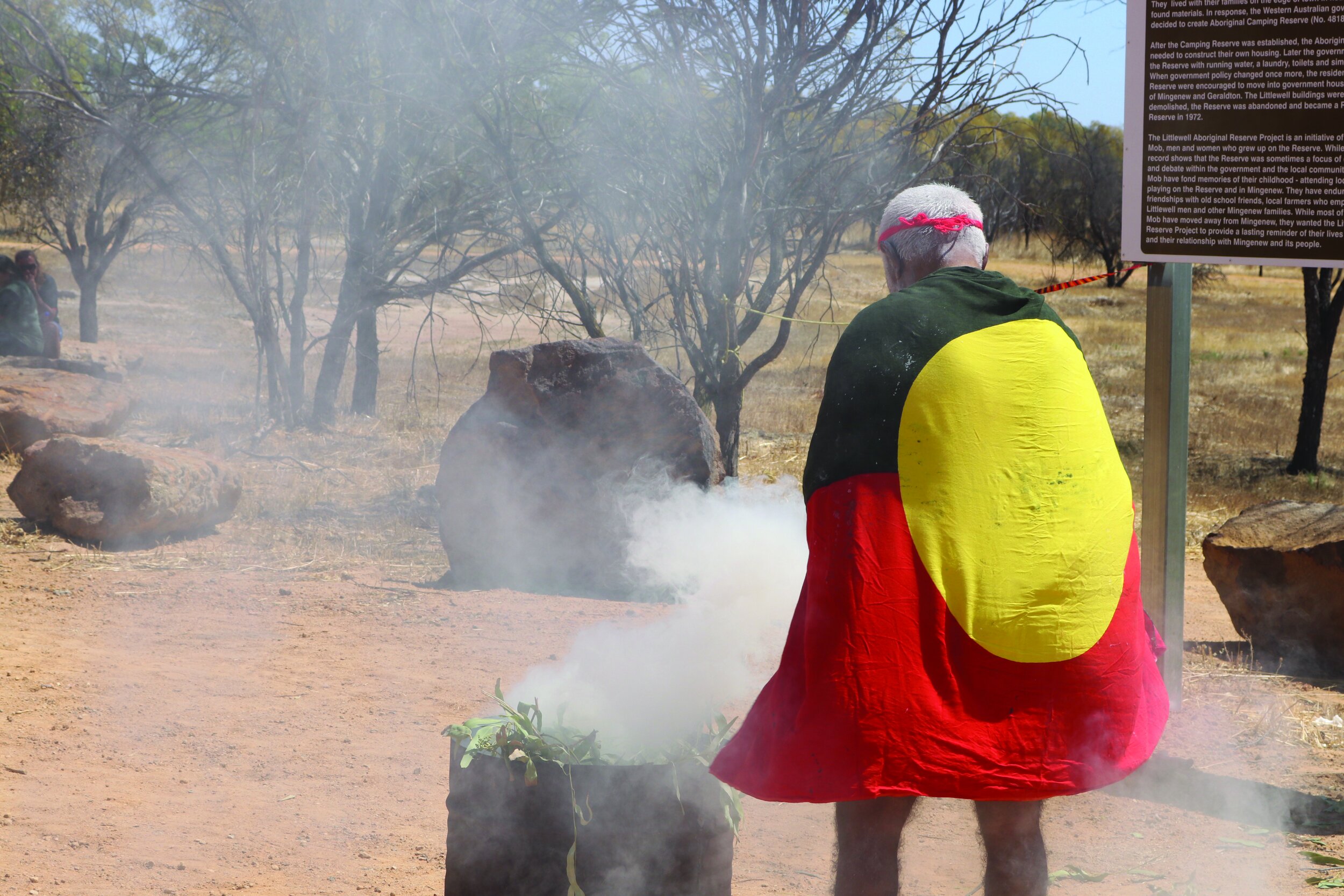Closing the Gap Review – Power Needs To Be Shared
Today the Productivity Commission publicly released its final study report for its first independent review of the National Agreement on Closing the Gap (the Agreement).
The goal of the Agreement is to overcome the entrenched inequality faced by too many Aboriginal and Torres Strait Islander people so that their life outcomes are equal to all Australians.
The are four Priority Reforms in the Agreement:
Priority Reform 1: Formal partnerships and shared decision-making
Priority Reform 2: Building the community controlled sector
Priority Reform 3: Transforming government organisations
Priority Reform 4: Shared access to data and information at a regional level
The key message in the review is that “fundamental changes are required to deliver on the Agreement”; and that “business-as-usual must be a thing of the past”.
The Productivity Commission’s report is highly critical of Australian governments, stating that “governments are not adequately delivering on this commitment [in the Agreement]”; and that “the Agreement requires government decision-makers to accept that they do not know what is best for Aboriginal and Torres Strait Islander people”.
Importantly, the report states that one of the key barriers to change is the power imbalance that exists in “government systems, policies and ways of working”.
Persistent barriers to progressing the Agreement’s Priority Reforms are the lack of power sharing needed for joint decision making, and the failure of governments to acknowledge and act on the reality that Aboriginal and Torres Strait Islander people know what is best for their communities.
Progress on Priority Reforms
In terms of the Agreement’s four priority reforms, the Productivity Commission’s report states that these “reforms have not been prioritised by governments”. It’s overarching findings in relation to these reforms are:
The commitment to shared decision-making is rarely achieved in practice.
Government policy doesn’t reflect the value of the community-controlled sector.
The transformation of government organisations has barely begun.
Governments are not enabling Aboriginal and Torres Strait Islander-led data.
Performance reporting provides only a partial picture of progress.
Accountability for delivering on the commitments in the Agreement is lacking.
In regard to building the community-controlled sector, the Productivity Commission states that although it is unclear how much funding is allocated to community controlled organisations verse non-Indigenous organisations, they heard that funding is continuing to go to NGOs and government service providers when it could be going to Aboriginal controlled and led organisations.
The Productivity Commission also states that “governments need to move away from transactional forms of contracting of community services that focus on narrow problem solving, towards fostering a broader understanding of the wellbeing of Aboriginal and Torres Strait Islander people”.
Recommendations
The Productivity Commission’s report outlines four recommendations and associated actions:
Recommendation 1: Power needs to be shared
The Productivity Commission recommends amending the Agreement to recognise that the ultimate goal of Priority Reform 1 is self-determination.
Recommendation 2: Indigenous Data Sovereignty needs to be recognised and supported.
The Productivity Commission recommends amending the Agreement to include Indigenous Data Sovereignty under Priority Reform 4.
Establishing a Bureau of Indigenous Data.
Recommendation 3: Mainstream government systems and culture need to be fundamentally rethought.
Recommendation 4: Stronger accountability is needed to drive behaviour change.
How can you help?
Aboriginal and Torres Strait Islander people know what is best for their communities.
At Community First Development, we prioritise self-determination in all we do. When you donate to Community First Development you are funding community-led projects nationally. We could really use your support to further this work!
We supported Wattandee Littlewell community to achieve their dream to establish a heritage trail on Country and record their stories so they would not be lost in time.
Support self-determination at the grassroots.
Make a lasting difference today.


